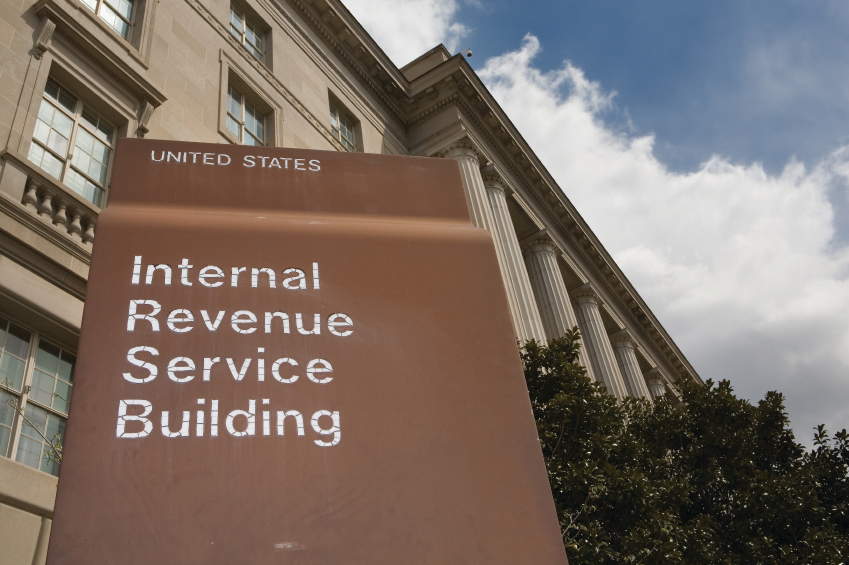Technology
Tax Groups Recommend Improvements to IRS Taxpayer Service
The groups called for an improved governance and oversight structure for the IRS and proposed a new unit within the IRS that would centralize the agency’s services to tax practitioners.
Apr. 03, 2017

Nine organizations representing diverse segments of the tax practitioner community today presented to federal lawmakers a comprehensive set of recommendations designed to improve services provided by the Internal Revenue Service (IRS) to taxpayers and tax practitioners.
The groups called for an improved governance and oversight structure for the IRS and proposed a new unit within the IRS that would centralize the agency’s services to tax practitioners.
The recommendations were developed by the groups over several months and are endorsed by the following organizations: alliantgroup, LP, American Institute of CPAs, Crowe Horwath, LLP, National Association of Enrolled Agents, National Association of Tax Professionals, National Conference of CPA Practitioners, National Society of Accountants, National Society of Tax Professionals, and PADGETT BUSINESS SERVICES®.
“The current degradation of the IRS taxpayer services is unacceptable,” the groups stated in their framework, Ensuring a Modern-Functioning IRS for the 21st Century. As an example of how poor the service has become, the paper cited figures from the National Taxpayer Advocate’s 2016 Annual Report to Congress that reported the percentage of taxpayer calls answered by the IRS between 2004 and 2016 has dropped from 87 percent to 53 percent.
“As tax practitioners, we advise millions of taxpayers on tax matters, assist them with compliance responsibilities, and represent them before the IRS,” the groups wrote. “We understand what is working and not working with tax administration from both taxpayer and practitioner perspectives. As one of the IRS’s most significant stakeholders, we are both poised and committed to being part of the solution.”
The groups noted as “striking” the similarities between the condition of the IRS today and the circumstances that motivated creation of the National Commission on Restructuring the Internal Revenue Service more than 20 years ago. Therefore, the groups recommended that any effort to modernize the IRS and its technology infrastructure should build on the foundation established by the Restructuring Commission and the report issued by the Commission in June 1997.
The recommendations are generally based, consequently, on the vision statement in the Restructuring Commission’s report. Among the governance and oversight recommendations are:
- Setting and maintaining consistent priorities and strategic direction;
- Re-establishing the annual joint hearing review by the Joint Committee on Taxation;
- Requiring the Joint Committee on Taxation to provide a bi-annual report;
- Requiring a Government Accountability Office review of the IRS Oversight Board;
- Enabling the hiring of qualified and experienced professionals at the IRS;
- Determining the appropriate level of service and compliance they want the IRS accountable to provide and dedicating appropriate resources for the agency to meet those goals; and
- Gauging performance with customer satisfaction surveys.
Also recommended is a new dedicated “executive-level” practitioner services unit within the IRS that would centralize and modernize the IRS’s approach to all practitioners. The groups explained that over time, the IRS has established a number of functional departments. As a result, IRS employees are dispersed across the IRS and are not coordinated in a way that enables practitioners to timely access critical information (such as their clients’ account status or the availability of dispute resolution opportunities). Nor do the current IRS teams or processes systematically solicit, gather or evaluate practitioner feedback, they charged.
“Enhancing the relationship between the IRS and practitioners would benefit both the IRS and the millions of taxpayers served by the practitioner community,” they wrote.
“We are committed to a service-oriented, modernized tax administration system that earns the respect and appreciation of all taxpayers and stakeholders,” they concluded.
